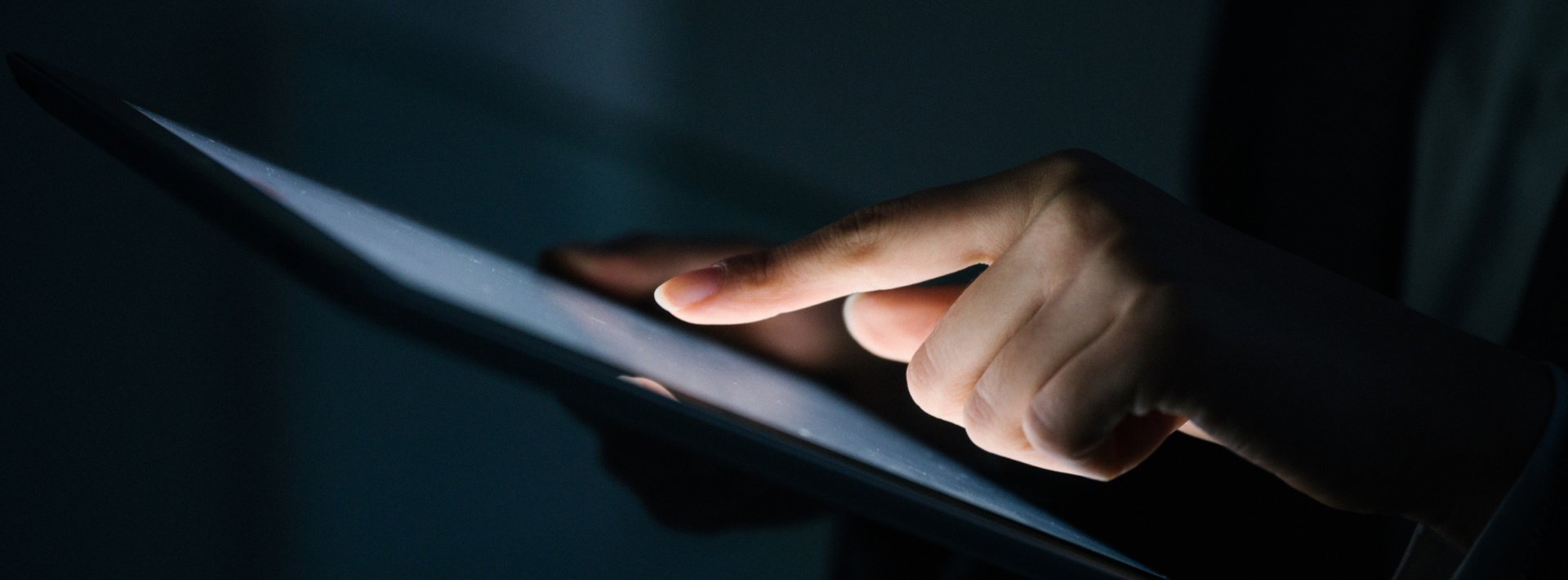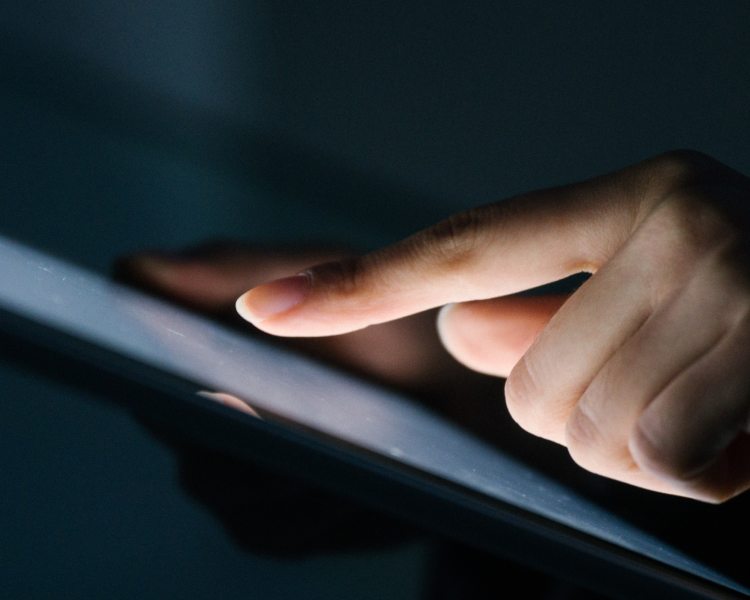On 27 and 29 of November, the Bloomberg NEF Summit in Shanghai was held. CHINT Solar, as a leading Global Clean Energy Solution Provider, is invited to the event, where experts and entrepreneurs in the solar industry exchanged opinions and ideas with BNEF regarding the new stage of the global energy revolution and the future development of solar industry led by Chinese companies. In the morning of DAY 1, Mr. LU, Chuan, CEO of CHINT New Energy and Astronergy, attended the main plenary themed “Solar Manufacturer Strategy in a Period of Uncertainty and exchanged the CHINT experience and understanding with other panelists.
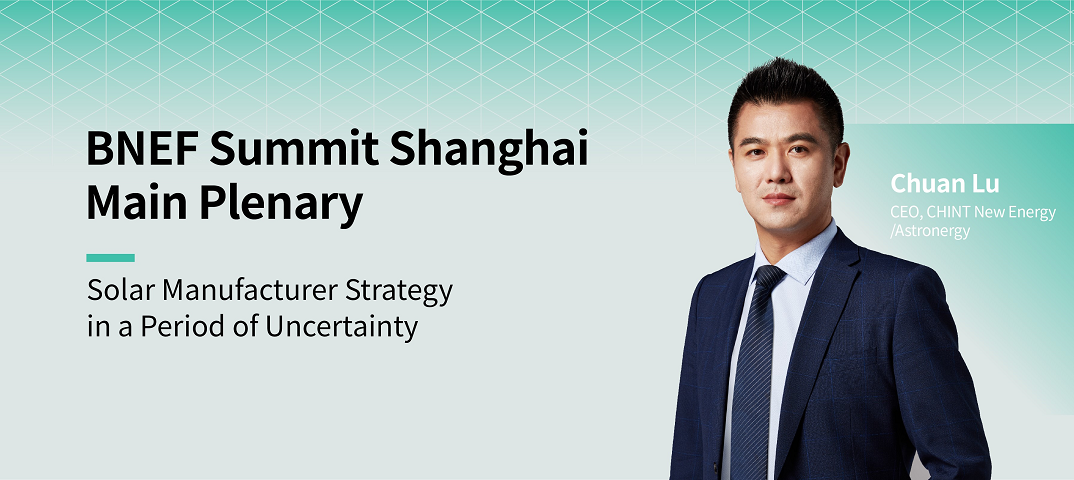
Q1:
The Sales Targets of Top Brands Set at the Beginning of the Year Seem to Be behind the Schedule. Do You Find This Expected?
A1:
There is a situation that the global solar project delivery so far has already outnumbered the target expected at the beginning of 2023, but the actual equipment shipment maybe be slightly behind the schedule, I believe that there are several reasons:
First is the quarterly fluctuation, especially in Q1 and Q2 that the stock in European countries went very high and the distributors were facing pressures from the decreasing prices during the period so that the planned purchases in Q2 and Q3 were affected.
Second is production capacity growth of the industry has outpaced the speed of the market demand and the same demand is diluted among more and more supply. This the reason for the gap between actual shipment and estimation, but in my opinion, it is up to expectation.
-------------------------------------------------------------------------------------------------------
Q2:
As a Solution Provider Covering the Project Development, EPC, Solar Panel, and Inverter Manufacturing, what is CHINT’s Comprehensive Strategy for the Coming Year?
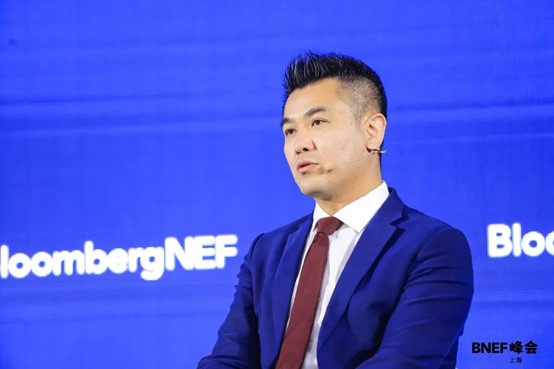
A2:
The periodicity and certainty are the 2 inherent characteristics of a company’s strategy. When we talk about the CHINT Green Energy BG’s strategy, we will continue to be a solution provider covering the whole industrial chain rather than some subsector of it, such as solar panel or inverter production. I do believe that the new production capacity growth in the coming years is very likely to go far beyond the demand. The situation is inevitable, and I think we all should go back to the start point and find the answer to how we can improve the management efficiency and come out with new technologies. The nature of competitiveness is if the product can bring lower LCOE to a project, and I consider this as the ultimate objective that all the new energy companies should have. We have gone through a period when the raw materials became very expensive and very few people were talking about the non-silicon cost during that time. But as the raw materials’ prices go back to normal, the solar cells efficiency is once again the main concern, we must focus on the non-silicon cost again. I think the best strategy of solar industry for the coming years is persistence.
On the other hand, we must find an answer to how China’s energy market could integrate to the global energy markets. CHINT has carried out great amounts of solar projects in overseas markets. Either the business model is a short-term development, medium-term investment from partners, or a long-term assets possession, an investment to such an infrastructure needs a predictable financial model as support. The energy market in China has experienced several changes of policy in last years, such as subsidies from Authority, PPA with government, partial participation in spot market and complete marketization. From a Subsidized Era to the Unsubsidized Era, the ever-changing regulations and policies have brought barriers to the promising markets in China, just like what we are experiencing now for the energy storage. So, if we could have a stable environment of policy, the new demand release is very promising in China, and I think this is an outcome of the efforts not only from the policy makers but also from the practitioners in the industry.
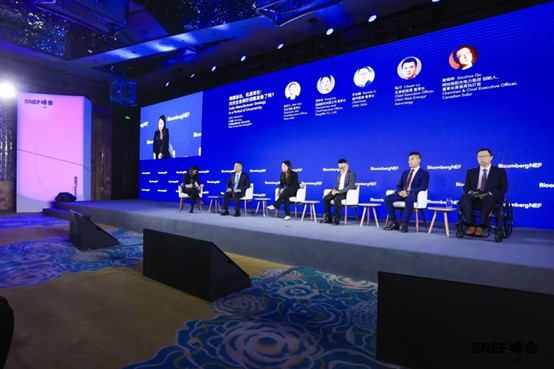
-------------------------------------------------------------------------------------------------------
Q3:
Right now, the overseas markets are challenged by high rate and inflation, while those in the domestic market are rather low. Do you think this would be a negative impact over the Chinese company’s global business development?
A3:
The high rate we are talking about now is around 5%, so far there is no critical impact over the project investment because the high tariffs have doubled or tripled during last 3 years of pandemic and we have benefitted from this even the rate went high. Actually, our ROI was even higher than before. Now the tariffs get to normal, about 1.5 times higher than pre-pandemic. The ROI is still maintained to a reasonable level. In case the rate goes down in the future, I believe we are to have a honeymoon period, which will bring more opportunities and possibilities to Chinese companies.

